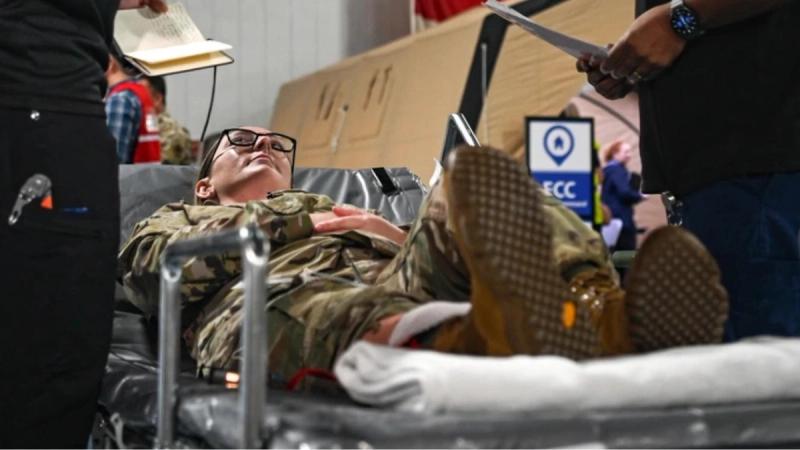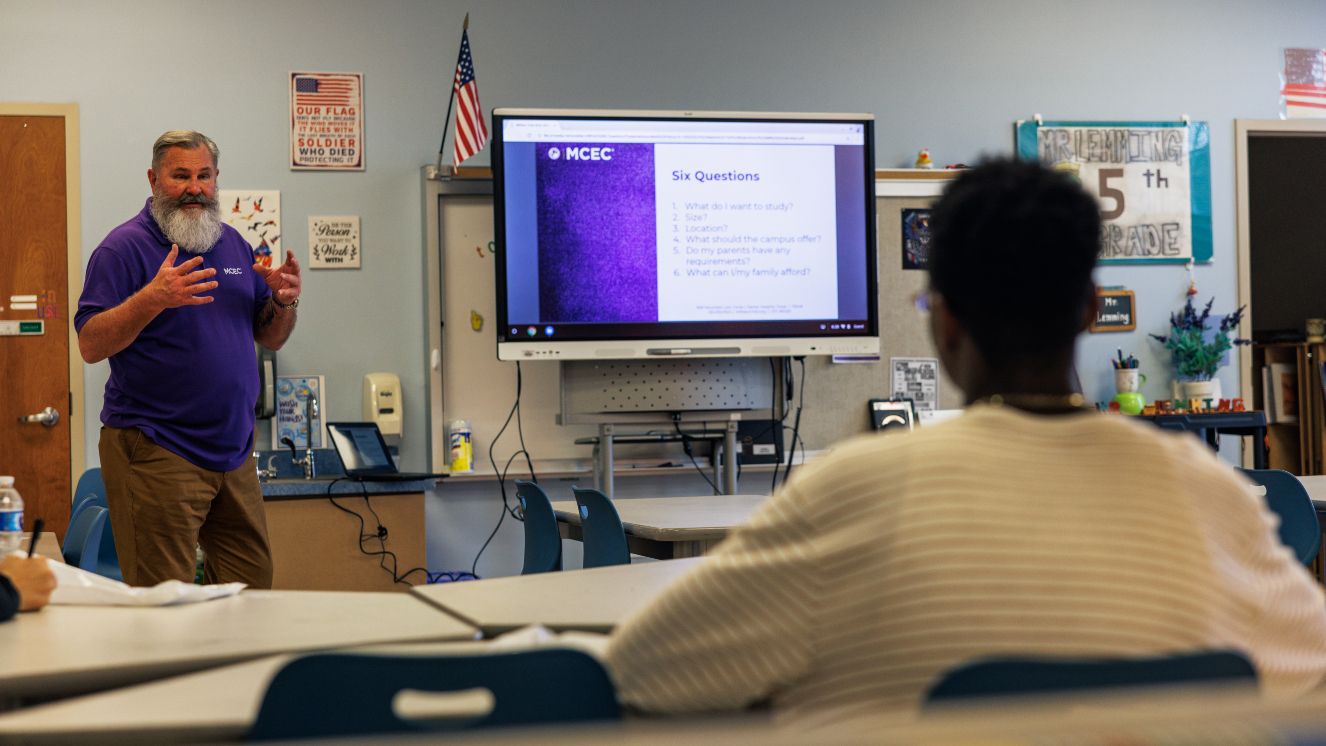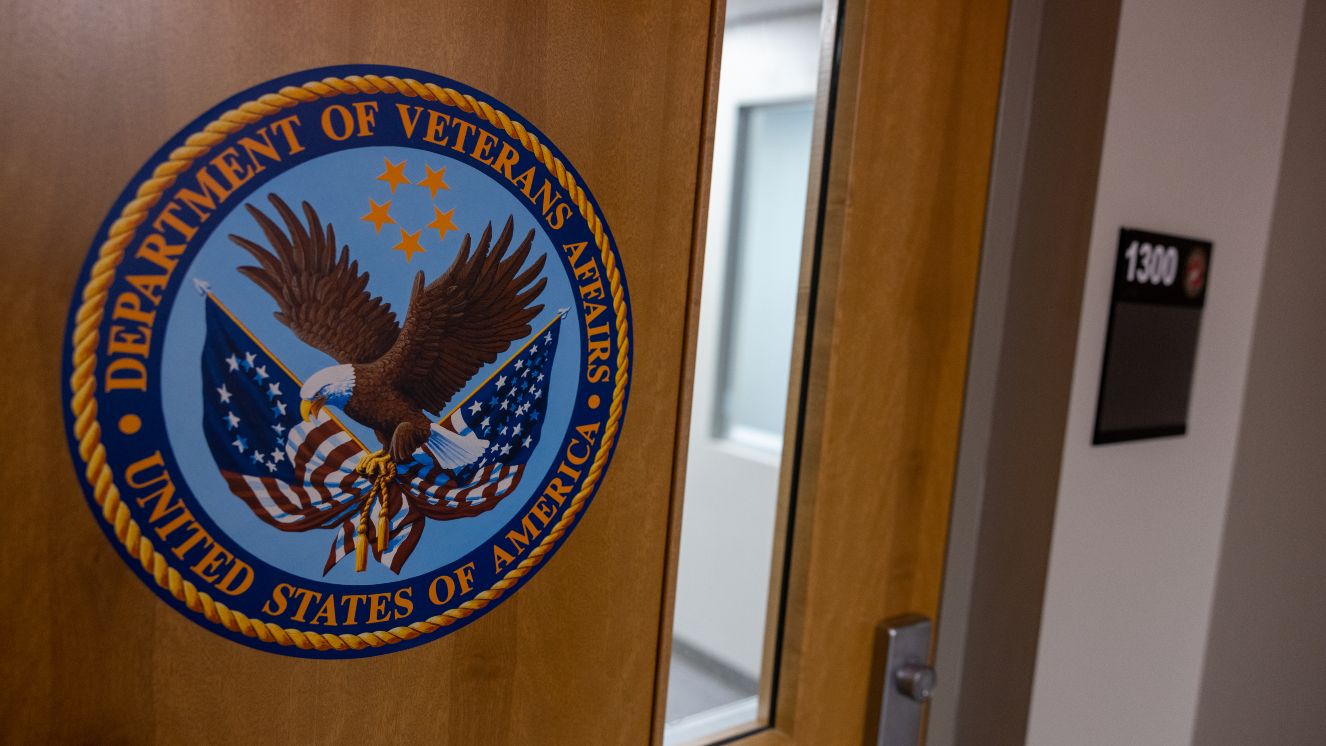VA REQUESTS $6.6B BOOST FOR 2025 AS VHA SERVICE DEMAND RISES
COMMENT
SHARE

There is already a lot of heated party disagreement on how to finance the government for 2025, fueled by the recent national election results. Now, Veterans Affairs leaders are asking for $6.6 billion extra in funding for 2025 to cover the anticipated increased cost of care and benefits over the next 10 months. However, this request is down significantly from their initial $12 billion request. Thus, questions remain about how Congress will use the new budget to ensure that all Veteran needs are met as the budget is much less than anticipated.
Taking into account a side agreement made between GOP leadership and the White House last year, there is already a discrepancy in expenditure levels. House Republicans' funding measures are a lot different from where Democrats believe spending should be. So, what does this mean for VA funding in 2025, and could this possibly affect everything, even VA medical centers?

VA Funding Challenges for 2025: Budget Constraints
VA leaders will request an additional $6.6 billion in fiscal 2025 spending to address the projected rise in care and benefits costs over the next 10 months. This is a substantial decrease from their original $12 billion proposal.
The fresh budget request was presented to the lawmakers, and according to Elnahal, VA Under Secretary for Health, the department may see staffing and equipment issues in the upcoming year. If Congress does not approve the additional cash by the end of December, then it could really be a big problem that will affect all the Veterans.
Members of the House Appropriations Committee criticized VA planners for their initial budget supplemental request. It was made public in August, and they requested an additional $12 billion in funding. Based on higher rates of healthcare utilization and benefits delivery to veterans in recent months, the U.S. Under Secretary of Veterans Affairs for Health, Shereef Elnahal, and the other department administrators, admitted that the earlier predictions were inaccurate.
Congress pushed through $3 billion in emergency funds before the end of fiscal 2024 to guarantee that Veterans' payments would not be discontinued. However, the majority of the money was left unused. Lawmakers urged changes to future budgeting procedures, accusing VA management of creating a panic about canceled programs by citing exaggerated predictions at first.
The revised estimates include an additional $2.5 billion in carryover funds, bringing the total additional funding that VA planners had projected to be approximately $9 billion. According to Elnahal, staffing concerns alone account for about $3 billion. Equipment upgrades that were postponed due to budget limits from the previous year will receive an additional $600 million.

2025 VA Budget Revisions: Proposed $6.6B Increase
The budget revisions were brought about by reductions in costs of hiring qualified personnel, referrals for outside treatment, and other expected expenses. Elnahal stated that in light of the previous criticism, he anticipates that Congress will do its best to scrutinize each detail in the budget plan. Elnahal still expects great results from this hearing so that the VA can be fully funded and provide for the needs of Veterans.
The under-secretary said that they are open to inquiries about the process and all of their presumptions for the VA funding 2025 plan. Thanks in part to recent revisions in qualifying requirements, the department has recently witnessed record-high approvals of benefits and utilization of medical services by Veterans.
At over 127.5 million, the US Department of Veteran Affairs recorded its largest number of healthcare appointments ever, with a 6% increase over the previous fiscal year. Over the past two years, VA healthcare enrollment has increased by 37% to over 796,000 Veterans. Growth is expected to continue into the upcoming administration, which assumes office in late January, according to Elnahal.
Lawmakers must approve a federal budget plan by the time a short-term funding extension expires on December 20th. Leaders of the House and Senate have shown signs that they would agree to a budget extension that includes some increases. Many full-year funding decisions; however, are probably going to be delayed until after the installation of the new Congress and administration.
Read next:
Join the Conversation
BY ALLISON KIRSCHBAUM
Veteran, Military History & Culture Writer at VeteranLife
Navy Veteran
Allison Kirschbaum is a Navy Veteran and an experienced historian. She has seven years of experience creating compelling digital content across diverse industries, including Military, Defense, History, SaaS, MarTech, FinTech, financial services, insurance, and manufacturing. She brings this expertis...
Credentials
Expertise
Allison Kirschbaum is a Navy Veteran and an experienced historian. She has seven years of experience creating compelling digital content across diverse industries, including Military, Defense, History, SaaS, MarTech, FinTech, financial services, insurance, and manufacturing. She brings this expertis...



